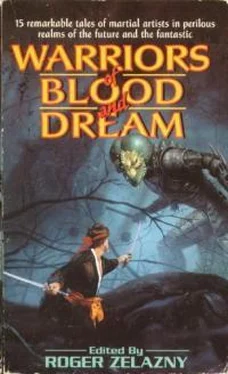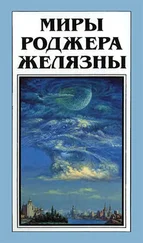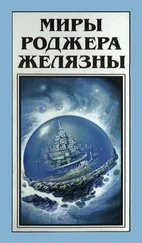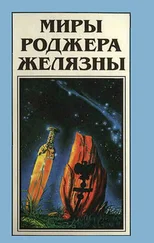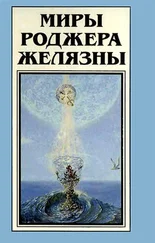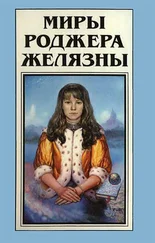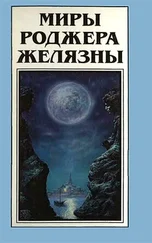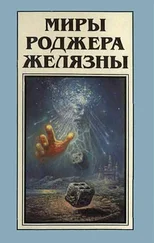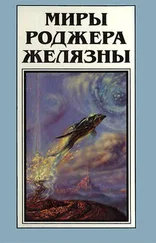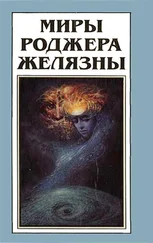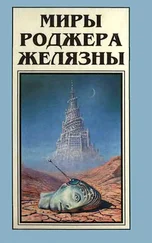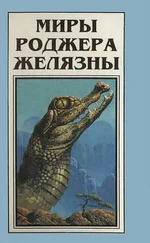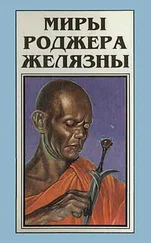"I'm sorry, but I've never heard of it."
"No need to apologize. What do Americans know, other than football, or basketball?"
I touched his glass with mine, and said, "Touché."
He smiled, "And what do you do?"
"At the moment, like you—I assume—I'm getting ready for the summer triathalon. When not in training, also like you, I teach."
"And what do you teach?"
"Gymnastics."
He grinned and took a large swallow of beer, finishing off the glass.
"We have something in common then," he mused.
Then he trained his blue eyes on me and gave me one hell of an appraisal.
"Why don't you train with me?" he asked. "I doubt you'd find it very demanding, but maybe I could teach you some things."
"I never work out with anyone. Maybe I should, but..."
He laughed. "That is an American attitude, if I've ever heard one. The lone wolf syndrome. In Europe, we got over that a long, long time ago. Well, I do sokol every morning at sunup. The rest of the day, I run, swim, and relax. You're welcome to join me anytime."
He moved away from the bar and shook my hand.
That night, in the dream, I saw something. I did not see myself, lying, bleeding on the rock, but I saw through the eyes of that same man, the man that I once was, the man who had been pitched from the bus, the only survivor of the wreck.
In the dream, I saw the sky, a faultless dome of blue. The slate gray feathers circled the sun, blotted it out. I saw the notch of wings, then the bird dropped down low, flew right at me, and I saw the pale belly feathers, the white, unstreaked throat, the fine barring on the buff breast, as it dropped toward my face, talons outstretched.
I woke in a sweat, my heart pounding, knowing that the bird was a falcon.
At sunrise, he was down on the beach, waiting for me.
When I came up to him, he handed me a staff made of green bamboo.
"I cut it for you just before the moon waned," he said. "That way it will be stronger. Here, try it out."
I took the staff, settled it on my shoulders, as he was doing, hanging my arms over it, in the manner of a scarecrow.
"Is this sokol?" I laughed.
"Just follow along," he said with a thin-lipped smile.
The movements were quick, and arclike; and the staff was held in all manner of awkward positions—behind the head, at shoulder height, in front of the chest, straight over the head. Holding the staff like an instrument of war, Jan Volta made all kinds of parrying swings, winging thrusts, and sudden, sidestepping stabs. His quirky footwork, which I couldn't follow easily, recalled—to my mind, anyway—a scene from Robin Hood.
After about a half hour of this, Jan told me to put down the staff and breathe. For a few minutes, we breathed slowly and deeply, from the diaphragm. Then he began to spar with me.
"Our boxing will be done with small, fist-sized, hand weights made of cast iron," Jan explained.
These felt light in the hand, but only at first. Once we began to dance around with them, my arms felt like lead. And Jan moved about swiftly, using precise, clockwork timing that soon had me out of breath, a surprise I hadn't expected—but then, my upper body was out of shape from the long winter of teaching, of showing rather than doing.
Afterward, we cooled off in the sea, which was flat and calm at that time of the morning. We swam a half mile out to the reef.
"What is the origin of sokol?" I asked him as we were swimming back to the beach.
"It probably came over to Europe with the Mongols. However, these were people, who, in their quest to conquer, picked up a great many European combative skills. The bending and bowing movements in sokol may have come from the East, but the boxing is old Greco-Roman. This is all guesswork, though. Sokol's been with the Czech people for so long that we don't know its origin anymore. In 1948, the Communists tried to abolish sokol, without very much success. In 1956, it was reinstalled— under Communist guidelines, of course."
He laughed at his own wry sense of humor. All of his remarks, I discovered, were somewhat tinged with a sense of the absurd.
"Is sokol available to everyone in your country?" I asked as we reached the shore.
"It was, and still is, though to a lesser degree than before. Frankly, I know of no comparable institution in other countries. Sokol completely erased class lines. Anyone who wanted to learn it could take it up."
"Where would they learn it?"
"From sokol masters, in the gymnasiums. Every town had them."
It happened, as Fate had willed, that from that day on, Jan Volta became my mentor, my sokol trainer. I told him about my leg, that there were plates and pins holding it together. I went into some detail, in fact, telling him what I knew about the bus wreck. All of this he politely listened to, but when I was finished, he shrugged.
"Hitler took away any interest that I once had in people's misfortunes," he replied grimly. "You speak of your injury as if it were tragic. I lost all of my family during the war, my own father I watched commit suicide as the storm troopers entered the village of Lublyana. In Italy, I lived on a bare rock for several months with nothing to eat, only lichen. And you tell me of a few broken bones..."
I was greatly offended by his remarks and told him so.
"I can't help what happened to you, but I did want you to know what happened to me. From my knee to my ankle, there are fourteen splintered pieces of bone, held together with screws and wires. The surgeon who put me back together said that I was lucky just to be able to walk."
Jan shook his head bitterly.
"You don't seem to understand," he said, "that you are alive. Who cares about your handicap? You must turn your injury into something vital, a weapon to cancel the past."
We never spoke of this again, but in our workouts, it seemed that he showed me no mercy whatsoever. Most of what we did was anaerobic threshold. There, Jan Volta showed me plateaus of pain that I had only dreamed existed. It was hard—no, impossible—to believe that Jan Volta was seventy-five years old. His own endurance and tolerance for pain were immeasurable. And, as I said, while progressing in my lessons with him, he showed me no mercy, none at all.
One day he took me beyond the reef into the open sea, and we swam, unaccompanied by a boat, for two and a half miles. Several times I felt the onset of a cramp in my thigh or calf, and Jan showed me how to soothe the knotted muscle by rolling onto my back, and flutter-kicking lightly until it would go away. He knew a great many tricks.
Another time, while swimming toward Cabarita Island, he took me to a place that the native fishermen call the Horns of the Bull. There, the water was cerulean blue with spokes of sunlight penetrating far into the gloom that lay below. The Horns, as they are called, were created by two crescent-shaped reefs that do not quite connect. The depth between the reefs and the open sea beyond created a hell-spout in the middle, a watery weather peculiar to that one place. The swells between the Horns were twelve to fourteen feet high.
"I'm going to make this a bit difficult for you," Jan said as we swam out to the Horns.
He brought a Ziploc bag out of his wetsuit that contained a couple of Jamaican cigars and a Zippo lighter. As we reached the first of the swells, Jan lit a cigar and handed it to me.
"Keep it lit!" was all that he said.
In order to keep the cigar from being doused, I tried, at first, to arch my neck and swim a little above the surface of the swell. But this proved to be exhausting, as well as cramping.
"Lie on your back—like this," he commanded.
And so I reversed my position and suffered the backstroke. This kept the cigar out of the brine. But the tricky part was breathing through the nostrils, while still puffing on the cigar to keep it lit.
Читать дальше
